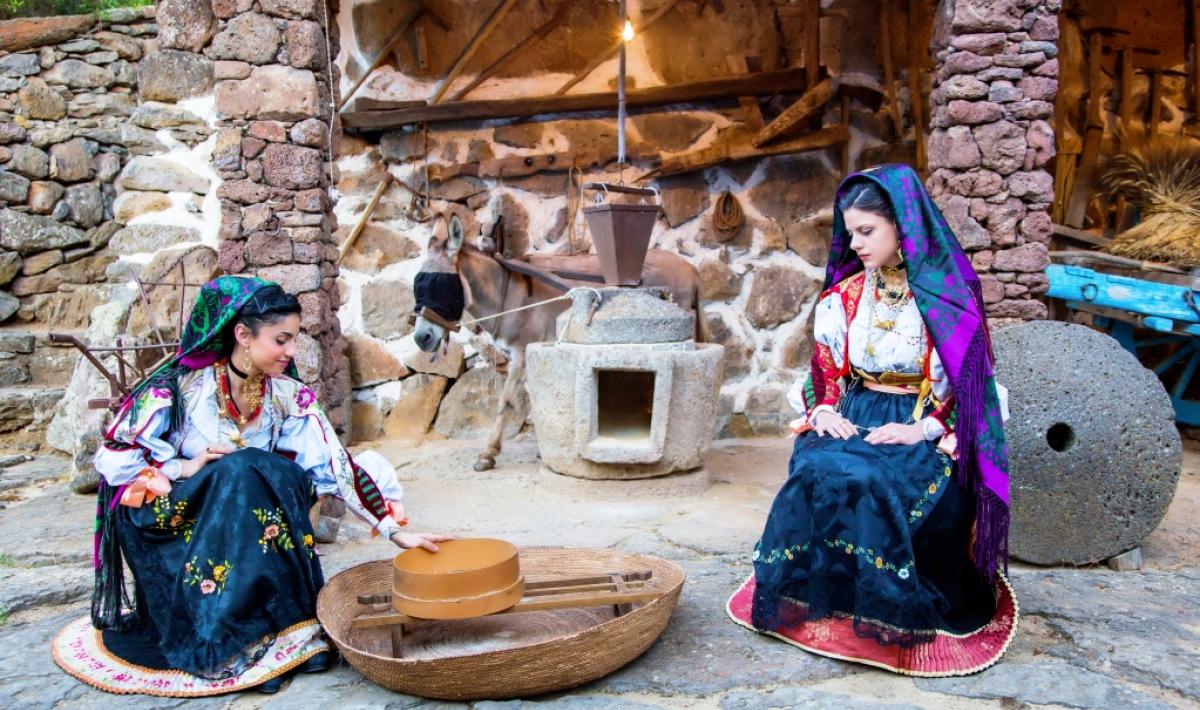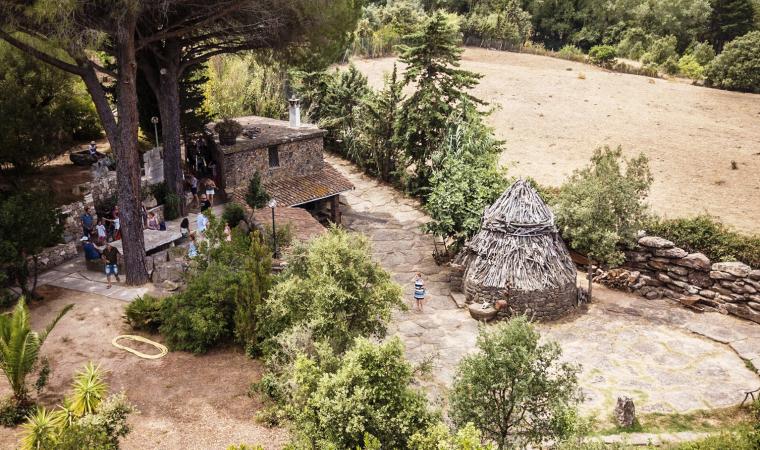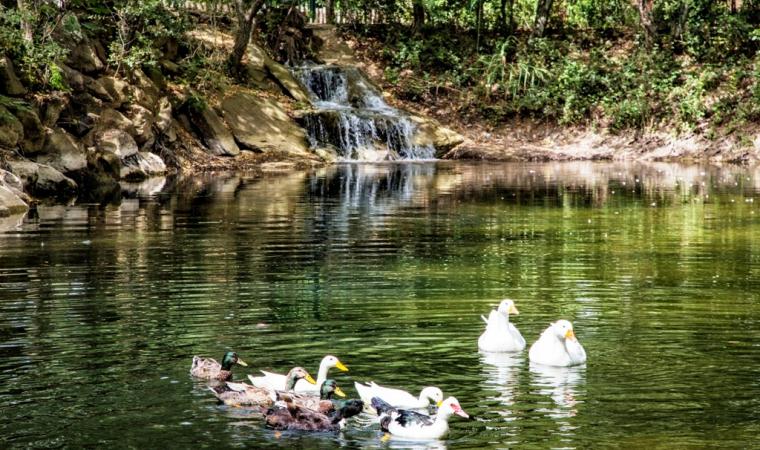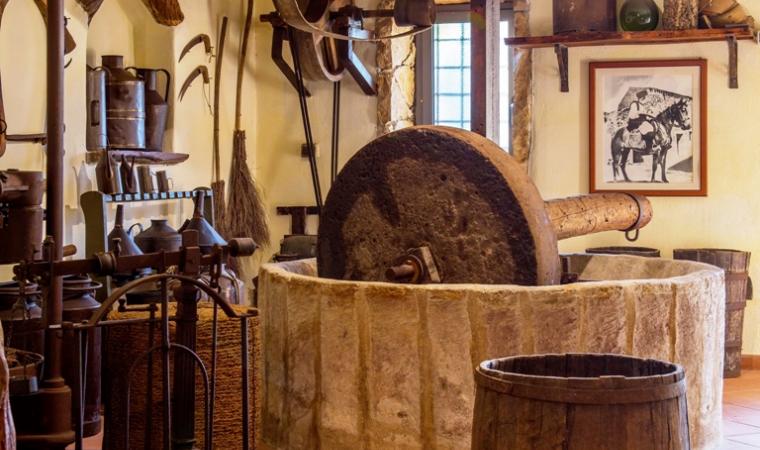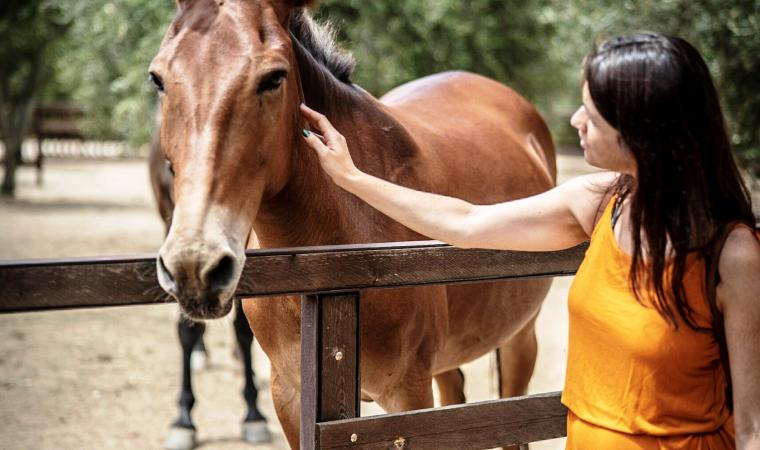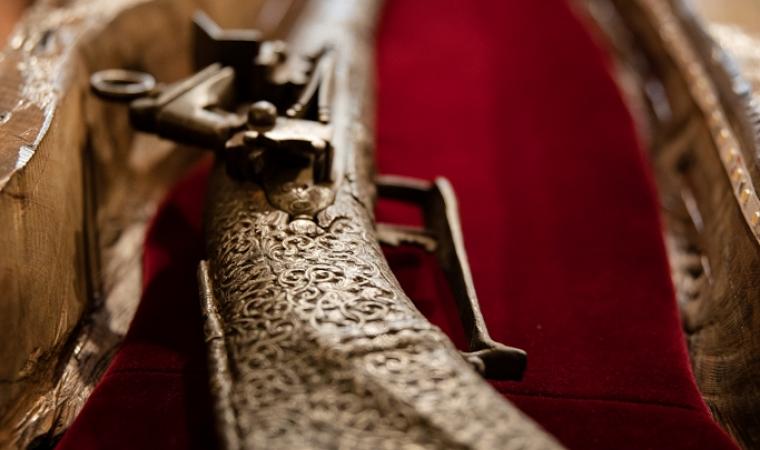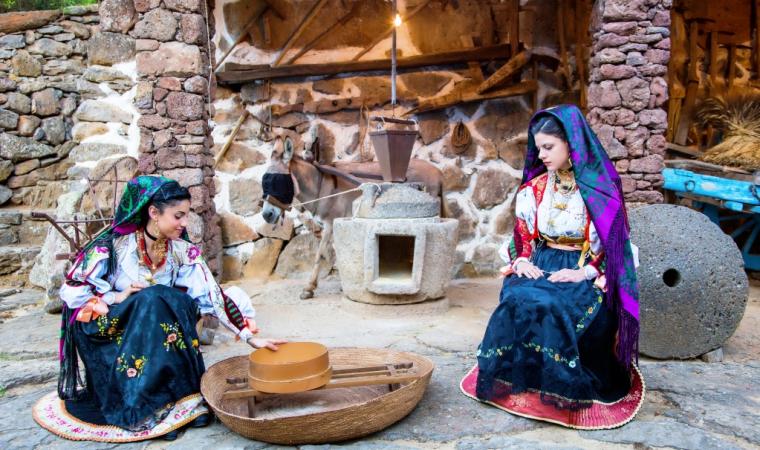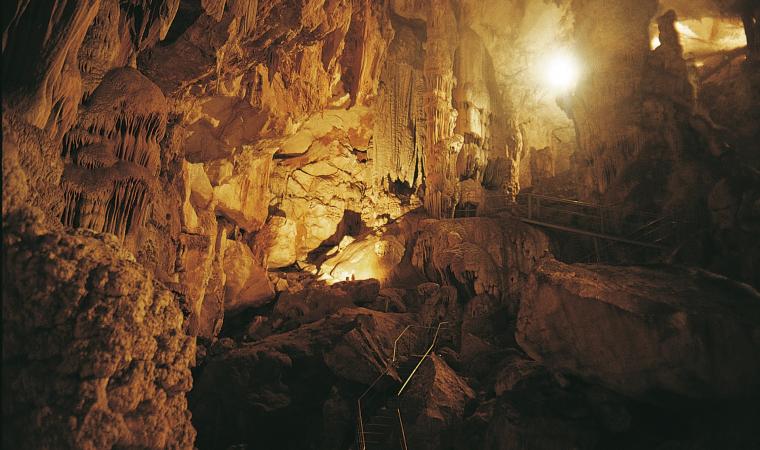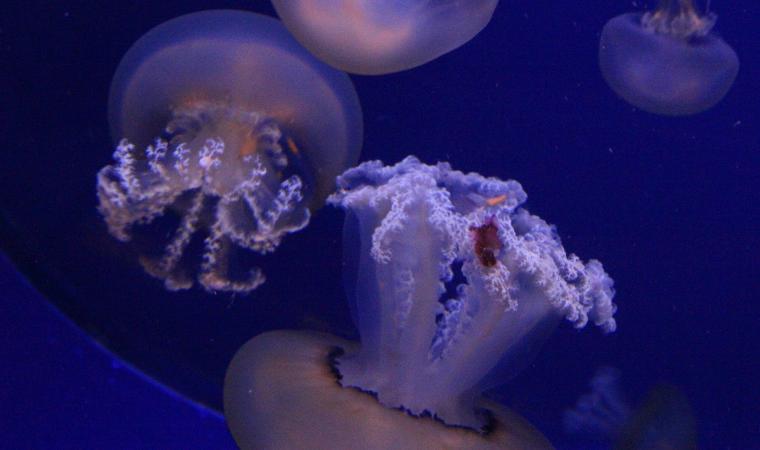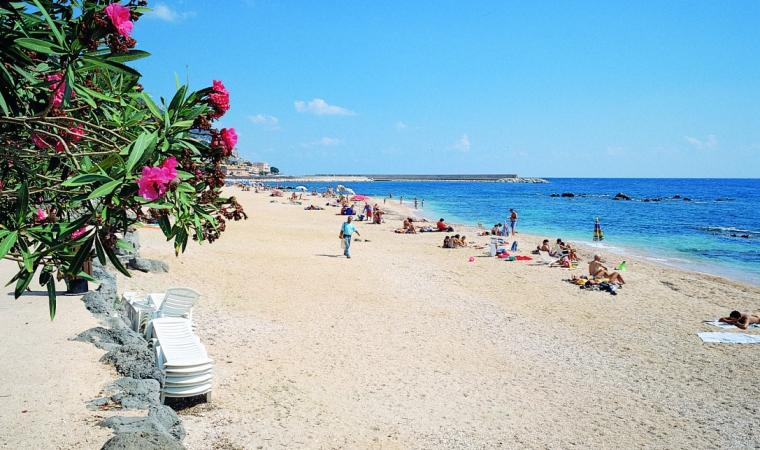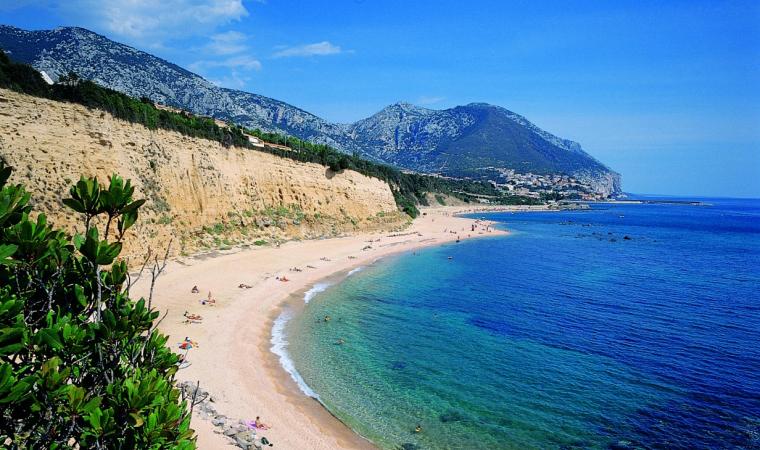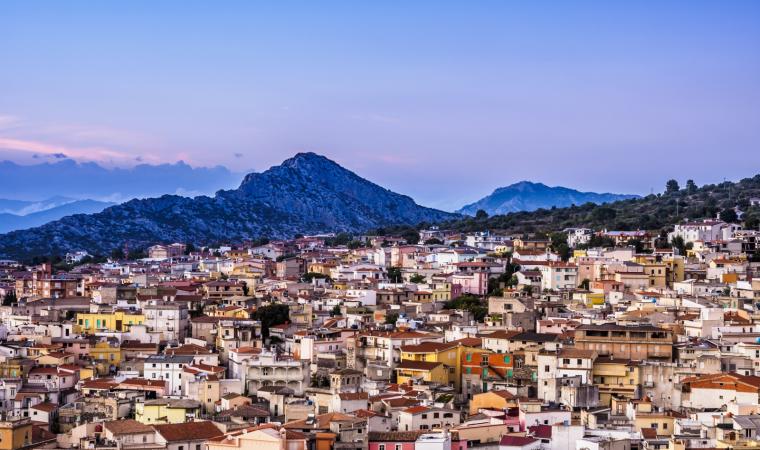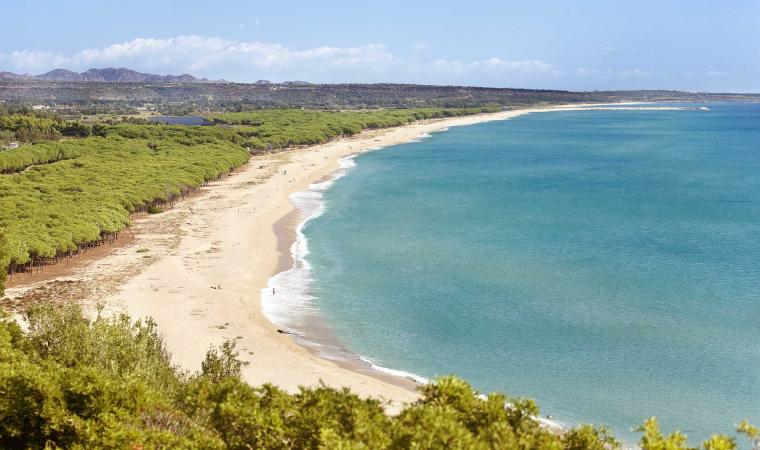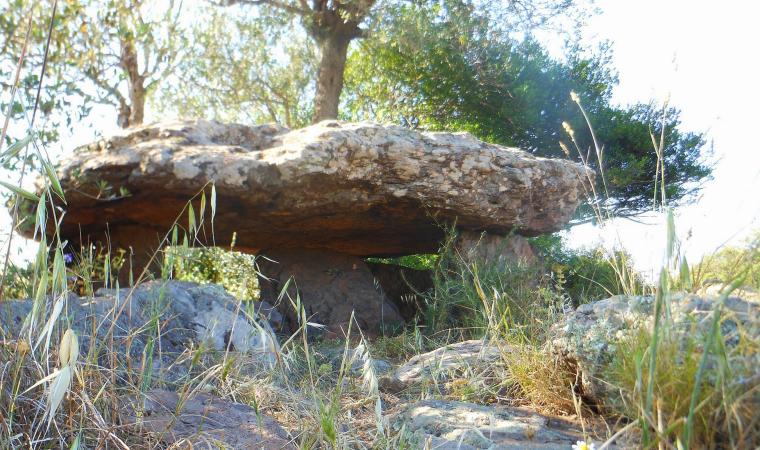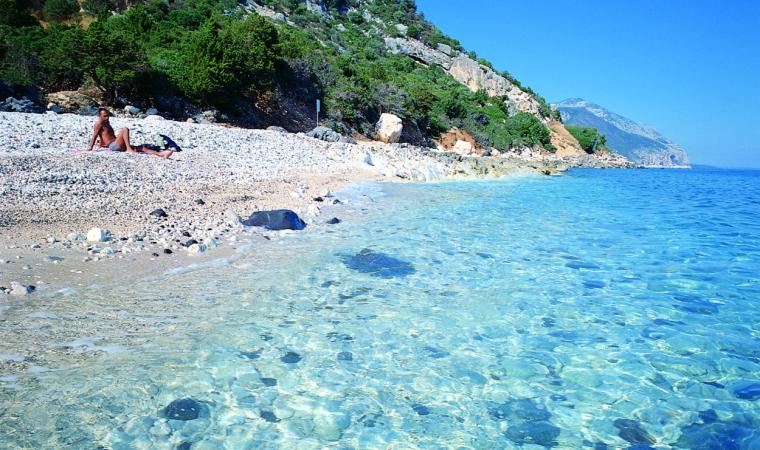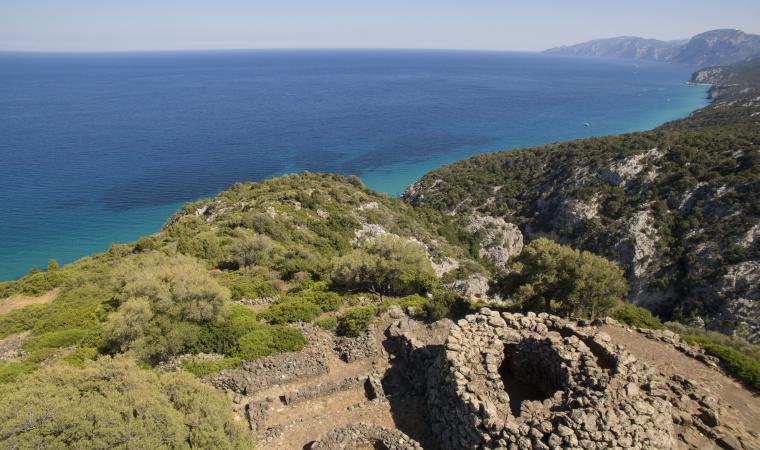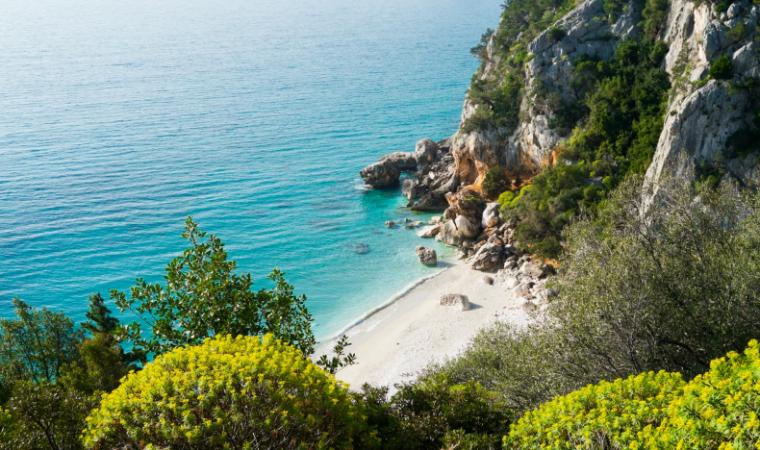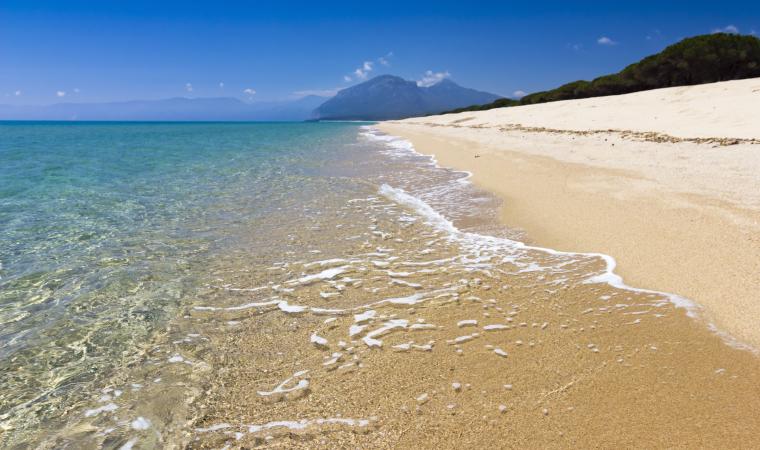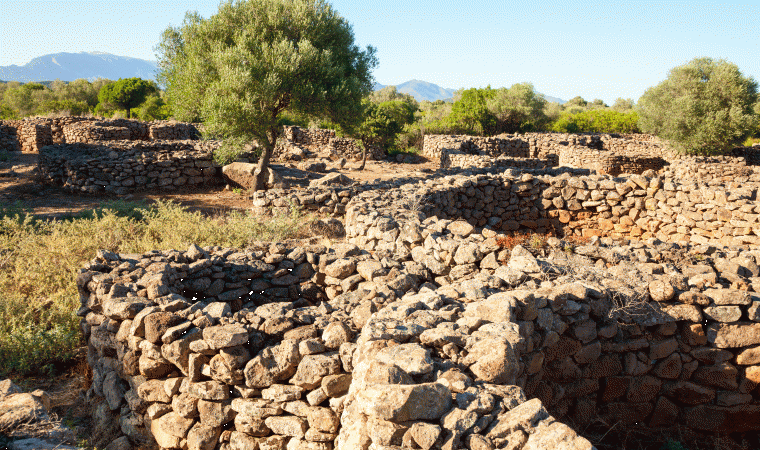The traditions, know-how, flavours, sounds and fragrances of the Barbagia culture set in a splendid landscape. A combination of nature and ethnography will accompany you on a guided tour - lasting about an hour - inside the s’Abba Frisca museum park, nestled in the Littu valley, a captivating corner of the Dorgali territory, the most extensive in the Nuoro area (226 square kilometres). Surrounded by a dense forest and dominated by the limestone bastions of the Ruiu and Irveri mountains, the northern offshoots of the Supramonte mountain range, the park is four kilometres from the town centre. The same distance separates it from Cala Cartoe and from the village of Cala Gonone, a paradise for outdoor activities - trekking, biking, climbing, kayaking and diving -, with a tourist port where mini-cruises set off for the Grotte del Bue Marino (Sea Oxen Caves), the enchanting Cala Fuili and Cala Luna, as well as the other splendid coves in the southern part of the Gulf of Orosei.
The park-museum itinerary emerged from the redevelopment and enhancement of an old farm and it unwinds for 400 metres between megalithic walkways, centuries-old trees, hedges of Mediterranean scrub and officinal or dyeing plants. The dominant element is water: the spring of S’Abba Frisca not only gives the park its name, but it also supplies fountains, waterfalls, spouts and a small lake, populated by mallards, ducks, moorhens and turtles. Once past the majestic stone entrance, you will be welcomed by holm oaks, junipers, carobs, laurels, viburnums, tamarisks and Mediterranean species. Metaphorically representing the balance between man and nature, the botanical aspects, displayed in 15 spaces, are intertwined with around 5000 objects from the rural and agro-pastoral civilisation, which recreate a snapshot of life in Sardinia between the 17th and early 20th centuries.
Thousand-year-old knowledge comes to life again in the milling of wheat, the processing of Carasau bread and cheese, the shoeing of horses, the forging of iron, spinning and weaving - which you can see on pre-arranged days. You can observe traditional workplaces and homes, starting from the cuile, a centuries-old shepherd’s hut, made of basalt blocks and a cone-shaped wooden roof, a reminder of the Nuragic age, with a hearth in the centre and tools for cheese production. In the farmer’s courtyard, next to the cart and plough, there is the stone donkey-driven grain grindstone. Not far away is the blacksmith’s corner with a smelting furnace, a forge and a machine for shoeing oxen. In s’orriu, the storeroom, you will see a small wooden hoist used for making cheese and cork silos for storing grains. The environment is completed by branding irons, measuring utensils, saddles and harnesses for beasts of burden, particularly for the equine breeds that enliven the park: Sardinian donkeys and White Asinara donkeys, Anglo-Arab horses and hinnies, a rare cross between a horse and a donkey, which you can admire inside the animal enclosure.
The next stop is a two-bedroom space, complete with linens and furnishings from the past, including eighteenth-century chests. Then comes the spinning and weaving room with ancient looms, fabrics, traditional clothes, a carriage, nineteenth-century weapons, filigree jewellery and musical instruments. Then there are wine presses used for making Cannonau wine and an oil mill and olive press for making olive oil, excellent products of Dorgali, along with pecorino cheese and traditional sweet products. Also not to be missed is the corner, where medicines were made from officinal plants, and the old well, above which there is an animal-powered noria, the only one still functioning on the Island. The last stop is sa coghina (the kitchen) with an oven for making Carasau bread. Towards the exit you will see a series of stone troughs, made by the stonemasons of the past. An avenue with dwarf palms, myrtles, strawberry trees, mastics, wild olive trees, oleanders and cypresses closes the itinerary. Along with all this, there are also educational workshops and demonstrations by artisans.
The park is one of the ‘pearls’ of the Dorgali area, which is dotted with natural attractions like the park of Palmasera and the cave of Ispinigoli, as well as archaeological sites like the Nuraghic villages of Serra Orrios and Tiscali, a trekking destination halfway between the territories of Dorgali and Oliena, the Giants’ Tomb of s’Ena ‘e Thomes and the nuraghe Mannu.

